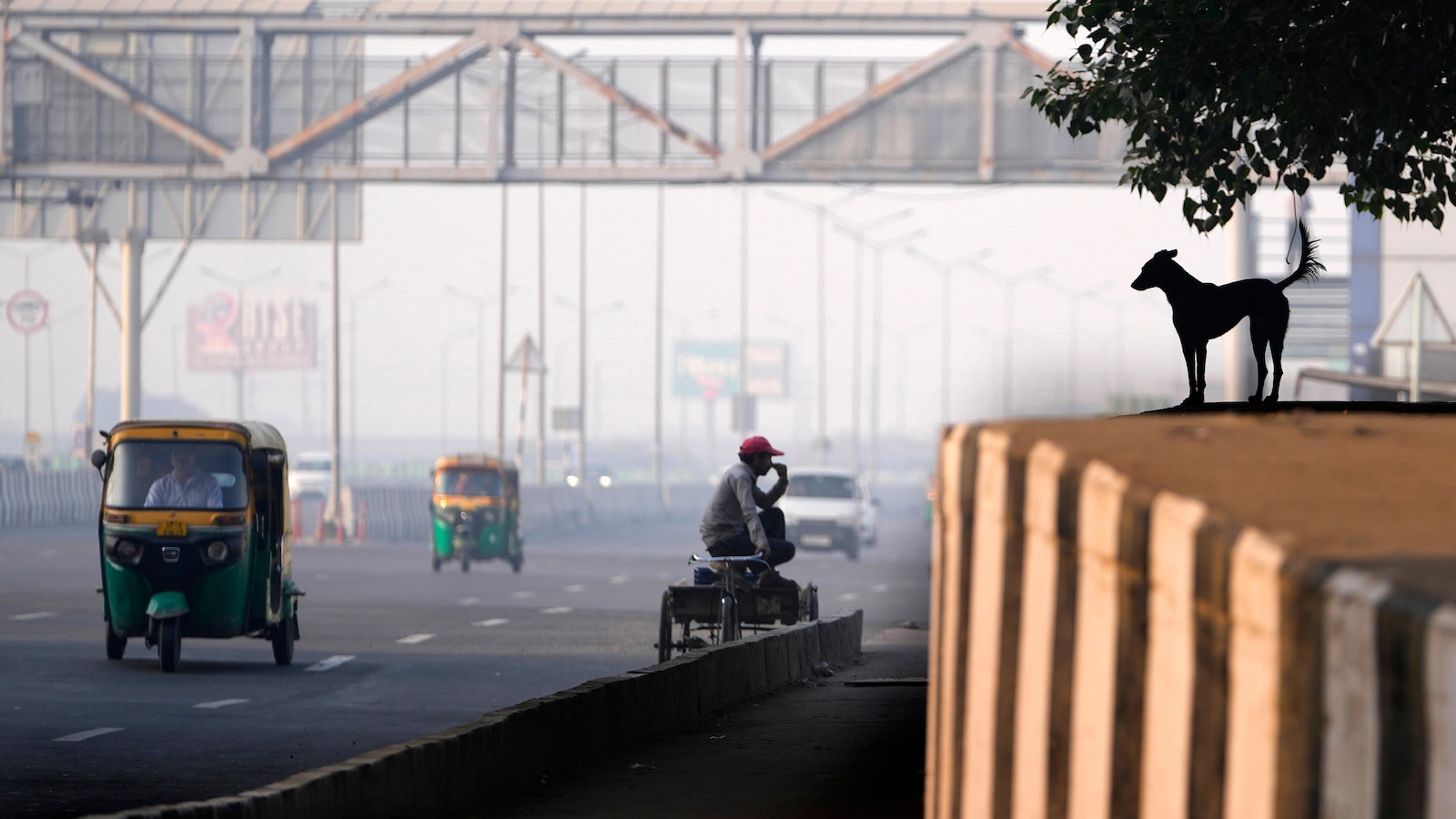On Friday, India’s leading environmental monitoring agency, SAFAR, reported that the air quality index (AQI) in New Delhi plummeted into the “severe” category. In several areas, the concentration of harmful particulate matter reached levels up to seven times higher than the World Health Organization’s safety limits, underscoring the dire state of the capital’s air.
New Delhi, home to over 33 million residents, has been grappling with air pollution for years and is frequently listed among the world’s most polluted cities. Authorities have attempted to mitigate this issue by banning the use and sale of traditional fireworks since 2017, urging citizens to opt for eco-friendly alternatives or light shows instead. However, compliance with these regulations remains inconsistent, with many choosing to ignore the guidelines.
The air pollution crisis worsens during the winter months when crop residue burning in neighboring states, combined with lower temperatures, contributes to the buildup of hazardous smoke that drifts into New Delhi, exacerbating the pollution problem and deepening the public health emergency. Industrial emissions and coal usage, which supplies a significant portion of the country’s electricity, further compromise urban air quality, compounding the challenges faced by residents.
Manoj Kumar, a local resident who runs near the iconic India Gate monument, expressed concern, saying, “We may not realize it now, but we will face lung problems later.” His sentiment reflects a growing worry among residents about the long-term health effects of persistent air pollution.
Research indicates that over one million Indians die annually due to illnesses related to air pollution. The minuscule particles present in polluted air can penetrate deep into the lungs and lead to a variety of serious health issues, ranging from respiratory illnesses to cardiovascular diseases.
As New Delhi continues to confront this severe air quality crisis, the need for effective solutions and public awareness becomes increasingly urgent. The impact of pollution on public health, particularly in the wake of festive celebrations like Diwali, highlights the ongoing struggle between tradition and environmental responsibility.


